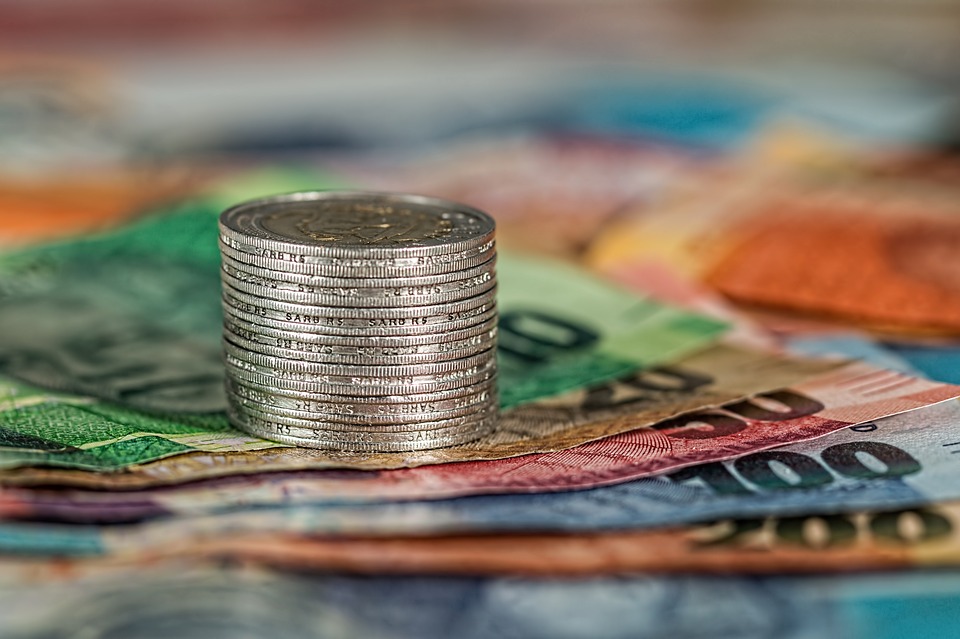So you are going on vacation or maybe moving for good to another country. You are about to embark on the biggest adventure of your life. As such, you must be as prepared as you can be. The world, while scary to a newbie, isn’t that different. Yes, languages vary, but we have lots of commonalities such as food, love, math, and, most importantly, money. Money is a great asset. Whether you are learning about the dinar from an Iraqi dinar guru or just trying to figure out how much the US dollar is worth compared to the Japanese yen, all humans trade in some form of currency.

Learning about another country’s currency is one of the most important tasks to ensure a safe and successful trip. Don’t believe us, well here’s why.
You might get ripped off
If you don’t know how much the money is worth, you will easily get ripped off. Take the time to learn the currency and download an exchange rate app for your phone. This is a great tactic because if you know how much the money is worth, you can give exact change to the vendor.
You may get robbed
Many locals can spot a tourist from 100 feet away. As such, there is always the danger of being robbed. You should always take precautions with your money and listen to the advice of your local guide. Don’t flash the cash. Resist the urge to give generous tips and give exact change when possible. Moreover, you should also make sure you carry the amount of money a local would, that way if you are mugged, you won’t lose as much.
You might over/underpay
To avoid a cultural misunderstanding or a visit from the police, learn the currency so you pay the right amount. In some cultures, they consider it an insult to tip. So if you think you are handing over the right amount and don’t ask for change, you may cause a cultural misunderstanding.
Money is sometimes worth more than its face value
In some countries, money is worth more than its face value. In Thailand, for example, they are careful with their money because it has the face of their king on it, so it is treated with extra respect. If you ever drop your money in Thailand, resist the urge to step on it before picking it up. A Thai person will help you chase after the money and pick it up in a respectful and correct way. Make sure you do not crumple or fold your money as these can also be disrespectful. When you go to the currency exchange, ask for clean bills. Torn or defaced bills may not be accepted.
Research the prices
This goes back to not being ripped off. A lot of countries in the world still haggle. As such, you should ask your local guides what a fair price for a cab ride is and the price of food. Don’t be afraid to haggle; it is fun and the locals expect it from tourists.
Do they accept USD?
If you think that carrying the local currency will be too much trouble, research whether the country you are traveling to will accept your currency. Countries like Cambodia and Vietnam accept USD as an unofficial currency. While this is convenient, you have to be careful not to get ripped off. Never carry anything higher than a $20 bill.
How much money is too much?
Due to customs laws, you can only take a certain amount of money with you as cash when you enter a country. Check the local laws before you enter the country with cash because you may be fined or worse have the money taken from you and not returned. You can track cash easily and corruption is rife in many countries, including those in South East Asia.
The takeaway
There are many cultural factors and local customs that surround the exchange of currency. Making a cultural faux par can really put a damper on your trip. With a little education, you will be fine. We want you to have fun on your trip, but we want you to be safe as well. Take the time to educate yourself on the currency and local customs so you can have a carefree vacation or new life abroad.



Leave a Reply